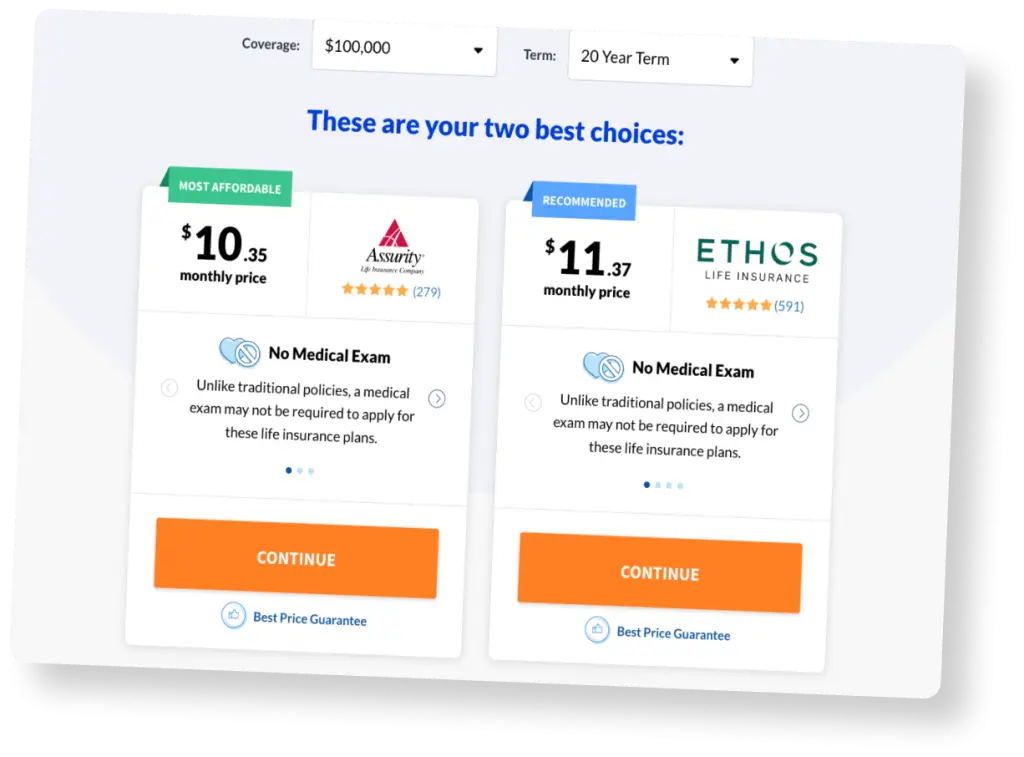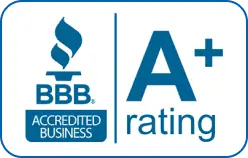Similar to non qualified deferred compensation plans, a salary continuation plan is designed to provide supplemental future benefits to selected key executives. These are often used to buffer existing benefits, or add new ones for key employees.
What is a Non Qualified Salary Continuation Plan?
Salary continuation plans are implemented by companies to provide additional supplemental retirement income to selected key executives. The plans are funded 100% by the company for the future benefit of the key employee. Should the plan participant die prematurely, the executive’s beneficiary would receive the benefit. Usually funded with permanent cash value life insurance, a salary continuation plan can be designed so that the company can recover its cost while at the same time provide an income tax free deferred benefit to the key employee.
How Does a Salary Continuation Plan Work?
The company and the key executive enter into an agreement that states the business will pay a specified amount each year at retirement or contribute a certain amount of money into the plan until the executive retires, becomes disabled, dies, or is otherwise separated from employment with the company. With a salary continuation plan, the employee has no out-of-pocket expenses.
The company sets aside funds to contribute to the plan. In most cases, the key employee’s interest is subject to vesting schedule established at the company’s discretion.
At retirement, disability, death, or separation from the company, the key executive, or her beneficiary will receive the benefit stated in the agreement. Any benefit received by the key employee is taxed as ordinary income. The company receives a tax deduction at the time it pays the salary continuation benefit.
Funding and subsequent payment of benefits is at the discretion of the company. Any informal funding is subject to the claims of the creditors of the company.
trusted by 5,000+ clients
Get Personalized Quotes Tailored to Your Company’s Needs
Salary Continuation Plans Using Life Insurance
Whole life or universal life insurance is an excellent vehicle to informally fund a salary continuation plan. Life insurance is unique in that it can provide death benefits prior to retirement and tax deferred cash value accumulation for retirement income.
In a non qualified salary continuation plan using life insurance, the company owns and is the beneficiary of the policy on the key executive’s life. The company also pays the premiums and controls the policy’s cash value.
Company Advantages with Salary Continuation Plans
1. Non qualified salary continuation plans are relatively simple to implement and easy to understand.
2. Salary continuation plans are excellent tools companies can use to retain and reward key executives.
3. The company can selectively choose plan participants.
4. Vesting schedules can be effectively used to “tie up” key executives.
5. Plans are flexible and costs can be recovered.
Employee Advantages with Salary Continuation Plans
1. Salary continuation plans provide a supplemental source of retirement income for key executives in addition to any qualified retirement plans.
2. May provide death benefits if agreed to in the plan.
Salary Continuation Plans and Taxes¹
When using cash value life insurance to fund a non qualified salary continuation plan, there are several important tax considerations.
- Life insurance premium payments made by the company are not immediately tax deductible.
- When deferred benefits are paid to the key executive or his beneficiaries, the company can deduct the amount of the benefit payments.
- All benefits of the salary continuation plan received by the employee or his or her beneficiaries are taxable as ordinary income.
Other Executive Compensation Strategies include:
- Executive Bonus Plan
- Deferred Compensation Plan
- Supplemental Executive Retirement Plans (SERPs)
- Sample Salary Continuation Agreement
¹ This information is for illustrative purposes only. MEG Financial and its representatives are in no way providing tax or legal advice. Please consult your CPA or tax attorney for any questions on the taxes as they relate to your specific circumstances.














